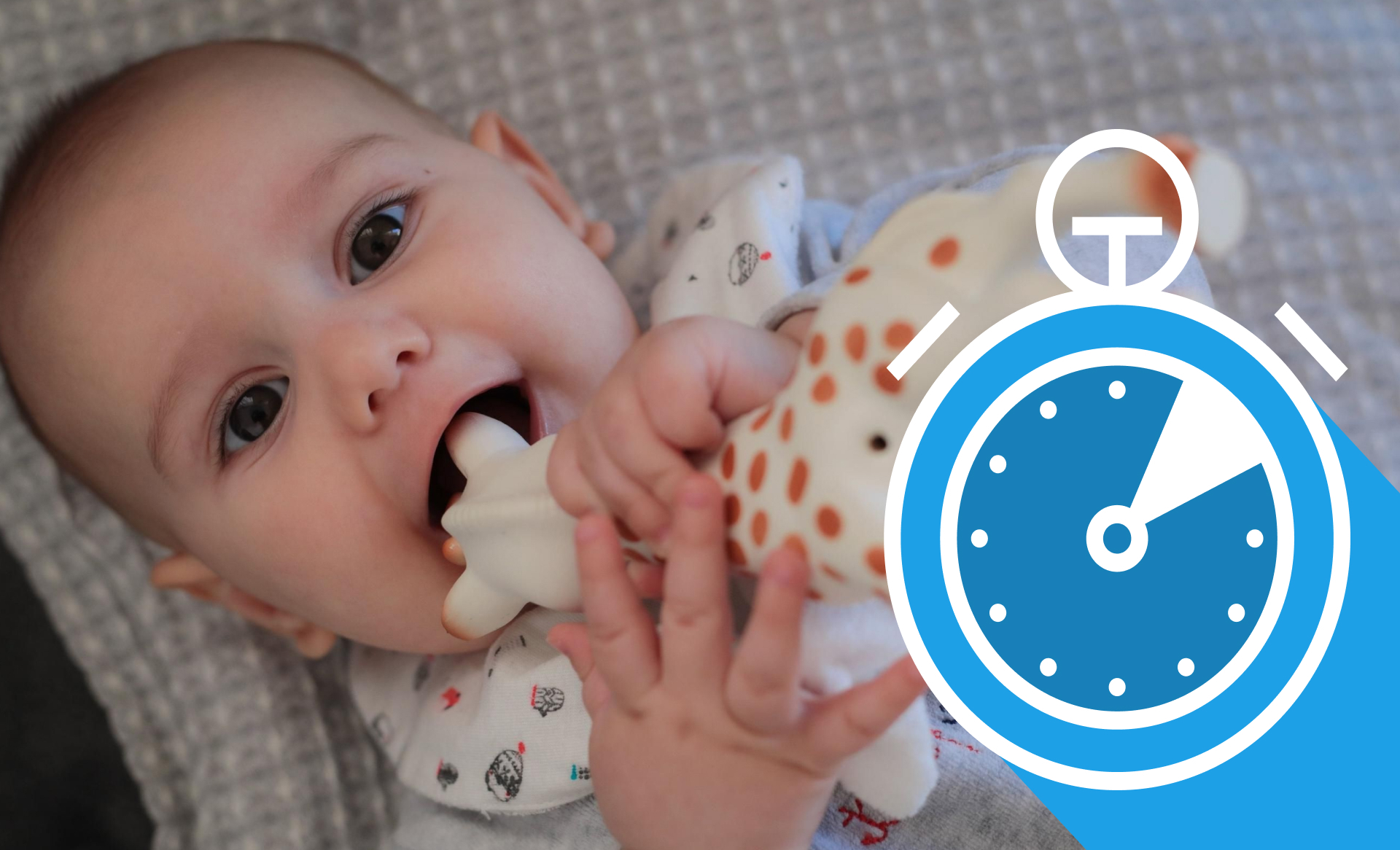This is a figure that has been expected for a long time, and which confirms the initial intuition of demographers on the health crisis.
They were facing, all the same, a very interesting practical case: would confinement favor or weigh even more on births?
While the trend was rather downward in births in recent years in France, some said they hoped for a rise in the birth rate thanks to health restrictions.
It appears that France has finally denied this hope of rebound in births.
The baby boom did not take place, according to the latest figures released Thursday by INSEE.
Quite the contrary.
What has INSEE announced?
If the latest figures communicated in January have yet to be refined, INSEE demographers recorded in January 2021 some 53,900 births.
This is simply 13% less than in January 2020. The institute has also revised the trend observed over one year in December 2020, now brought to -7%.
Over the whole of 2020, 735,000 babies were born in the country.
Can we speak of a covid effect?
January's figures were eagerly awaited by demographers.
Nine months after the month of March, they hoped to see possible effects of the health crisis on the evolution of the birth rate.
The magnitude of the decline suggests that this is real.
"We observe nine months after the start of the health crisis two consecutive and very significant drops in the birth rate," notes Sylvie Le Minez, head of the unit of demographic and social studies at INSEE.
This does not leave many doubts that this is linked to the crisis and its consequences.
"
Last month, Insee, for the sake of caution, preferred not to communicate on the decline observed in December.
The magnitude of the dropout in January tends to confirm a very real covid effect.
“Some joked during the first confinement by saying that married life at home would generate a baby boom, notes Sandra Bree, researcher in historical demography, family history and populations at the CNRS.
We realize that this was not the case.
We can imagine, at least for couples who already had a child, that the confined life, teleworking and the constant presence of children at home did not really favor the birth plans.
Containment may possibly have worked for couples without children, but it will take the details of the figures to find out.
"
How to explain the magnitude of this drop?
Several factors can explain, according to our specialist, this impressive drop in births.
“Already, the feeling of uncertainty and stress linked to the health crisis can lead to the postponement of births.
We must not forget that in March, we did not even know, for example, if the virus could have effects on the fetus.
Women who had not become pregnant may have preferred to postpone their motherhood because of other fears, such as the absence of the father during childbirth or the need to give birth with a mask.
Sylvie Le Minez recalls for her part that in March, medically assisted procreation centers were closed.
This is not to be neglected, since they represent 3.5% of births in the country.
READ ALSO>
The "desirable" mask, but not compulsory for women who give birth
Among the other factors, obviously, the economic crisis which threatened as fast as the virus crossed our borders.
"The fear of being unemployed and the implementation of partial unemployment can also play on the drop in the birth rate observed in January," confirms Sandra Bree.
History shows that economic crises have a strong impact on births.
"
Is this an all-time low?
This is not a historic low, but the figures are still exceptional.
Let's talk about the 735,000 births registered in 2020, for example.
It is quite simply the "lowest annual number of births since the end of the Second World War, lower than the lowest point observed in 1994 (with 741,000 births in France excluding Mayotte)", recalls INSEE.
And we have to go back to 1975 to find a monthly drop of more than 13% (-14% in September and October 1975).
Sandra Bree began to work on the birth figures in times of crisis, health or not.
“With regard to health crises, there is indeed a drop in the birth rate, including when the disease does not directly affect populations likely to be parents,” she notes.
But we can see that economic crises also have a very important effect.
It was in the 1930s, during the interwar period, that the birth rate reached its historic low.
As for France, Sylvie Le Minez recalls that the number of births also fell in 1982-1983, a period of economic recession.
What to expect in the next few months?
This is the big question. Demographers will scrutinize the figures for the coming months with the greatest attention. Remember, however, that the trend has been downward in births for six years now. But the figures to come will make it possible to measure a possible catching up of maternity plans. “We are in the unknown, readily admits Sylvie Le Minez. We will see, for example, whether deconfinement and the arrival of summer, a period during which the French were able to live more lightly, will or will not lead to a resumption of the birth rate. We also know that the second part of the year was darker ”. "The subject of the recovery will undoubtedly depend a lot on the duration of the crisis," adds Sandra Bree. If we get out of it quickly enough, we can hope for a rebound. "

